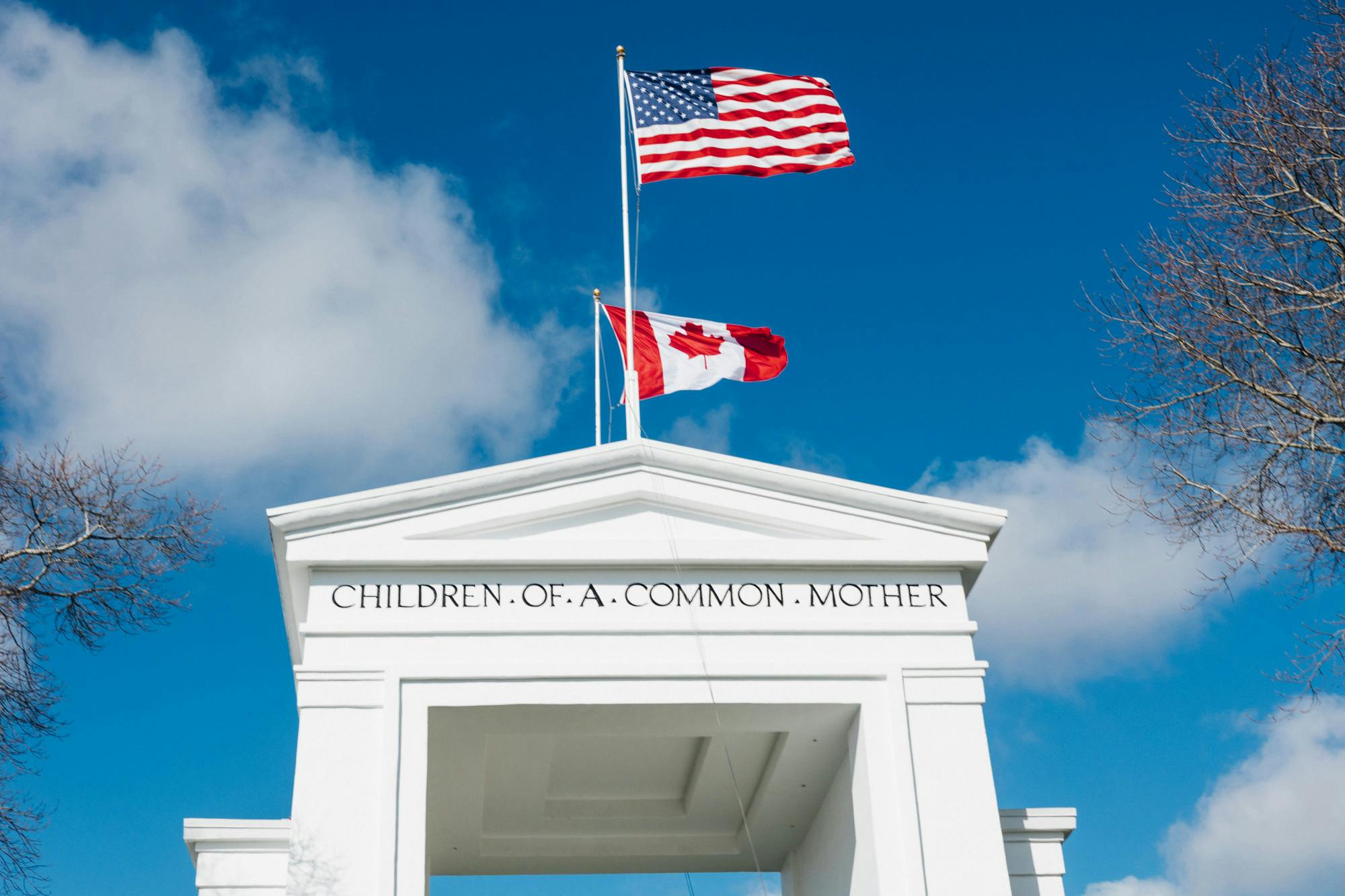It is no exaggeration to say that Point Roberts, Washington has the most unique municipal situation in all of North America. And, with Canadian border restrictions being eased on Feb. 28, the long road to recovery can start.
Point Roberts is cut off from the rest of the U.S. mainland, and because of this, it relies heavily on Canada for most of its economic needs. Point Roberts receives all its electrical power and water supply from the province of British Columbia and Canadians own over 75% of the properties in Point Roberts.
Brian Calder, President of the Point Roberts Chamber of Commerce, said that normally Point Roberts would have about 1,150 people, but over the past two years, the population has shrunk to 850.
“Over 200 people have moved out during this time period, and our economy is 90% driven by Canadians, when they were isolated we lost 90% of our business,” Calder said. “It's like on a personal basis if you're making $3,000 a month working and the boss comes in one day and now you’re making $300 a month.”
Point Roberts is unique in this situation, with the majority of its population not being able to cross the border for the majority of the past two years. This has changed over the past few months, with both the U.S. and Canada easing border restrictions.

Rebecca Purdy, a senior spokesperson for the Canadian Border Services Agency, said that a foreign national must be fully vaccinated and fill out electronic paperwork through ArriveCAN. ArriveCAN requires vaccine information, where the person is crossing at on the border, and when they plan to cross.
Starting Feb. 28, 2022, a professionally administered or observed negative antigen test is required within 24 hours of crossing the border for entry into Canada. Before, a PCR test was required to enter Canada, which can be more time-consuming and expensive.
A PCR test can take several days to get results back but is more accurate, while an antigen test takes minutes for results but is less accurate.
Dr. Laurie Trautman, director of the Border Policy Research Institute at Western Washington University, said the antigen test is a baby step in easing border restrictions and opening up travel.
“Likely the next step, assuming the pandemic continues on the trajectory it’s on now, that antigen test will eventually go away,” Trautman said. “Then we’ll be in a situation for the long-term, where fully vaccinated adults and children will be able to travel to Canada, no test required, I think that will be the major turning point for people really starting to travel again.”
A change in border restrictions has been a need for Point Roberts to survive longer, said Brian Calder, because of the lack of economic relief the town has received from Whatcom County and Washington state.
“How is [Point Roberts] going to change? Only by government intervention, to create confidence here, so that people will invest,” Calder said. “And people will invest if there’s an opportunity to make a dollar and employ people.”
Even though restrictions have slowly been loosening for months, things won’t be going back to pre-pandemic conditions any time soon. This means Point Roberts is going to have to adapt to the new border regulations that have devastated the town during the COVID-19 pandemic.
“These policy changes are long term, they really reshape the way the border works,” Trautman said. “This is the next era of a whole new way of the border operating.”
Kieran Bresnahan is a city news reporter studying visual journalism at WWU. He enjoys writing about education and local businesses and taking photos of local events.






